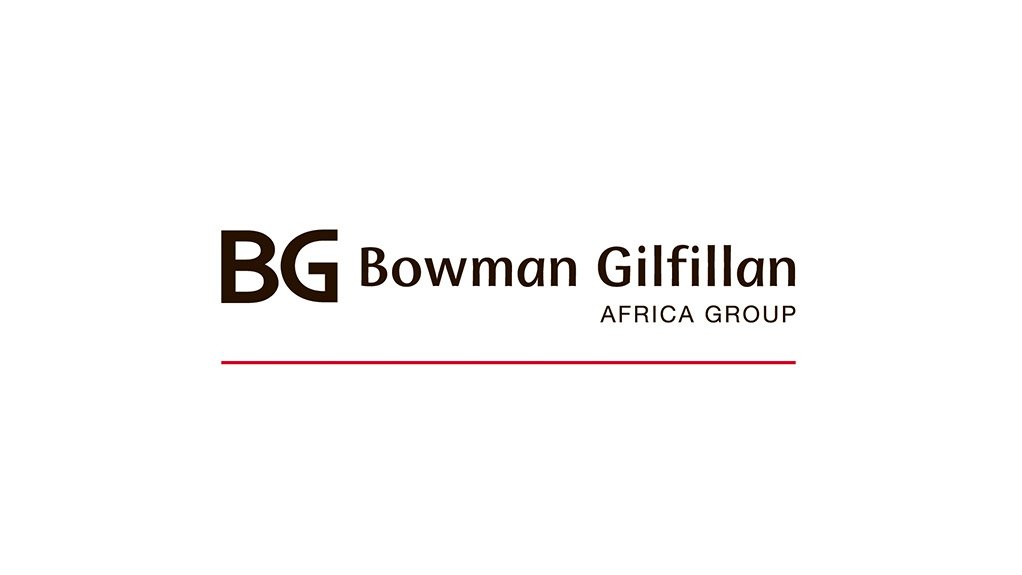Different African countries regulate the employment impact of business transfers differently. The key distinction across jurisdictions is whether or not there is an automatic transfer of employment with going concern transfers, and if there is, whether this applies in outsourcing situations as well.
This is according to Chris Todd, partner and head of Bowman Gilfillan Africa Group’s Employment & Benefits Practice. Todd was speaking at a seminar presenting a Pan–African perspective on the employment consequences of mergers & acquisitions, held at Bowman Gilfillan Africa Group’s Sandton offices last week.
Todd explains, “In jurisdictions that have automatic employee transfer provisions, such as South Africa, Uganda and Botswana, everything done by or on behalf of the old employer immediately before the business transfer is deemed to have been done by or in relation to the new employer. This means that for the buyer, employment due diligence is critical, and risk must be mitigated by appropriate warranties and indemnities given by the seller. In addition, pension arrangements can be complicated and trade union and collective bargaining rights fall outside the scope of the typical regulation."
In jurisdictions with no automatic transfer provisions, such as in Kenya, Nigeria and Zambia, the situation is reversed, and the seller or transferor of a business is primarily at risk.
“In Nigeria, the buyer can cherry pick employees and is held only to the terms of offers specifically made to employees,” said Mary Ekemezie, Senior Associate with Nigerian firm Udo Udoma & Belo-Osagie, also speaking at the Bowman Gilfillan seminar.
“This means that for the seller, the commercial terms of the deal may depend to a material extent on the likely cost and complexity of employment redundancies, and the transaction may be dependent on agreed transfers of employment or regulatory approvals of redundancies. Risk will be mitigated by the commercial terms and the extent to which the buyer is willing to take on employee obligations voluntarily,” Ekemezie notes.
In Botswana, employees transfer automatically with a sale of business, but outsourcing is not regarded as a transfer of business for these purposes.
According to Onalenna Otlaadisa, Senior Associate in the Botswana office of the Bowman Gilfillan Africa Group, speaking at the same seminar, “Botswana law places no special statutory restrictions on post-merger restructuring. But the competition authority has approved some mergers subject to conditions which, on public interest grounds, limit or prohibit job losses as a result of the merger.”
Talita Laubscher, South African partner of Bowman Gilfillan, points out that this has been the outcome of a number of recent high profile mergers in South Africa too.
“This means that the new owner of a business is faced with the difficult task of deciding what efficiency driven changes in the business are ‘a result of’ the merger, and what changes arise from underlying operational considerations”, she says.
“Businesses planning mergers & acquisitions or outsourcing transactions across Africa need to be aware of the differing laws guiding the employment relationship in these countries. Knowing whether employment risks lie with the buyer or the seller will help those in the transaction to mitigate risks successfully,” Todd said, speaking after the event.
“Our team has put together a Guide covering the employment relationship in business transfers in Botswana, Cameroon, Kenya, Madagascar, Nigeria, Senegal, South Africa, Uganda, Tanzania and Zambia. The Guide spells out the laws in each jurisdiction that regulate the employment consequences of business transfers and we hope it will give useful insight for those planning to buy or sell a business in those countries.”
EMAIL THIS ARTICLE SAVE THIS ARTICLE
To subscribe email subscriptions@creamermedia.co.za or click here
To advertise email advertising@creamermedia.co.za or click here











